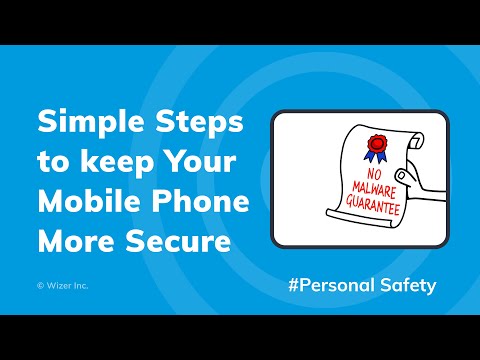you can get sued for posting YOUR OWN photos
Carol Highsmith, a distinguished photographer, gifted over 100,000 photos to the Library of Congress for their royalty-free website. Carol was known for her generous donations which she had been doing for over 20 years.
So you can imagine her surprise when she received an email from Getty Images, a photo licensing agency, accusing her of license infringement by posting one of her images to her website. They demanded that she pay for the license and even threatened to take her to court if she left it up and/or posted other photos of hers that they had in their possession.
She wasn’t about to pay a company to use her own photos so what did she do? What anyone else in her position would have done: countersued! In her $1 billion lawsuit, she accused Getty Images of falsely claiming rights to a whopping 18,755 of her photos.
Let’s read that again: eighteen-thousand-seven-hundred-fifty-five.
Getty Images snapped back saying that Carol had no right to claim infringement because she gave up that right when she donated her images to a public domain.

So who owns Carol’s content? That’s a no brainer - Carol does, right?
WRONG!
In the court’s decision, they sided with Getty Images stating that, yep, when Carol gifted those images to the Library of Congress, a public domain, she did indeed give up all her copyrights to those photos. To make it worse, her good deed cost her thousands of dollars in legal fees and who knows how much in lost royalties.
But this has happen before...and for decades
In a similar case, a popular visual artist, Richard Prince, reproduced enlarged versions of other users’ Instagram posts for his “New Portraits” exhibition. One of those unwitting users, Zoë Ligon, a sex educator and store owner with 268k followers, stated that she did not consent to her image being used. But it didn’t matter. He received up to $100,000 per piece while Zoë was left with knowing her breasts will forever be in someone’s hallway.
What’s even crazier is that Richard has built his career off of the gray areas of copyrights law. In 2014, a piece from his 1980s exhibition entitled “Cowboy” - a series of rephotographs from a Marlboro cigarette commercial - sold for $3 million. You can guess what the original photographer received from that (read: not a cent).
If this sounds just outrageous to you, wait until you read our story on owning your body.
The Takeaway?
Once you publish something on the internet, whether it’s under a private or public account, it’s no longer yours. Even if it’s deleted, others may still have copies, and those copies aren’t yours either. So beware of what you post - some of those things may just come back to haunt you later in life. Cyber security awareness training can help you stay safe online. And if you’re wondering where all your content lives - on the internet archive, of course!
You could be the next victim of a cyber attack, but don't wait until it's too late — watch our free cyber security awareness video that covers how you can increase your security and improve your online privacy.

Gabriel Friedlander
Gabriel Friedlander is the Founder & CEO of Wizer, whose mission is to make basic security awareness a basic life skill for everyone. Wizer has been rapidly growing since being founded in 2019, and now serves 20K+ organizations across 50 countries. Before founding Wizer, Gabriel was the co-founder of ObserveIT (acquired by Proofpoint). With over a decade of experience studying human behavior, he is a prolific content creator on social media, focusing on online safety to elevate public understanding of digital risks. His engaging 1-minute videos have captured the attention of millions worldwide, going viral for their impactful messages.

